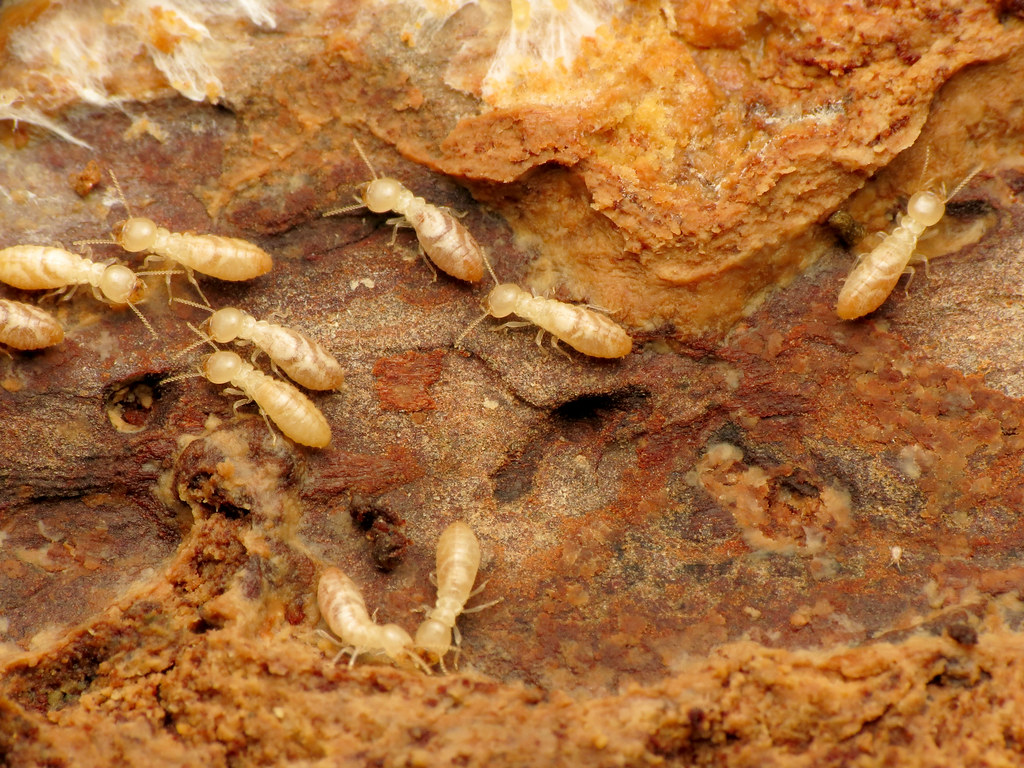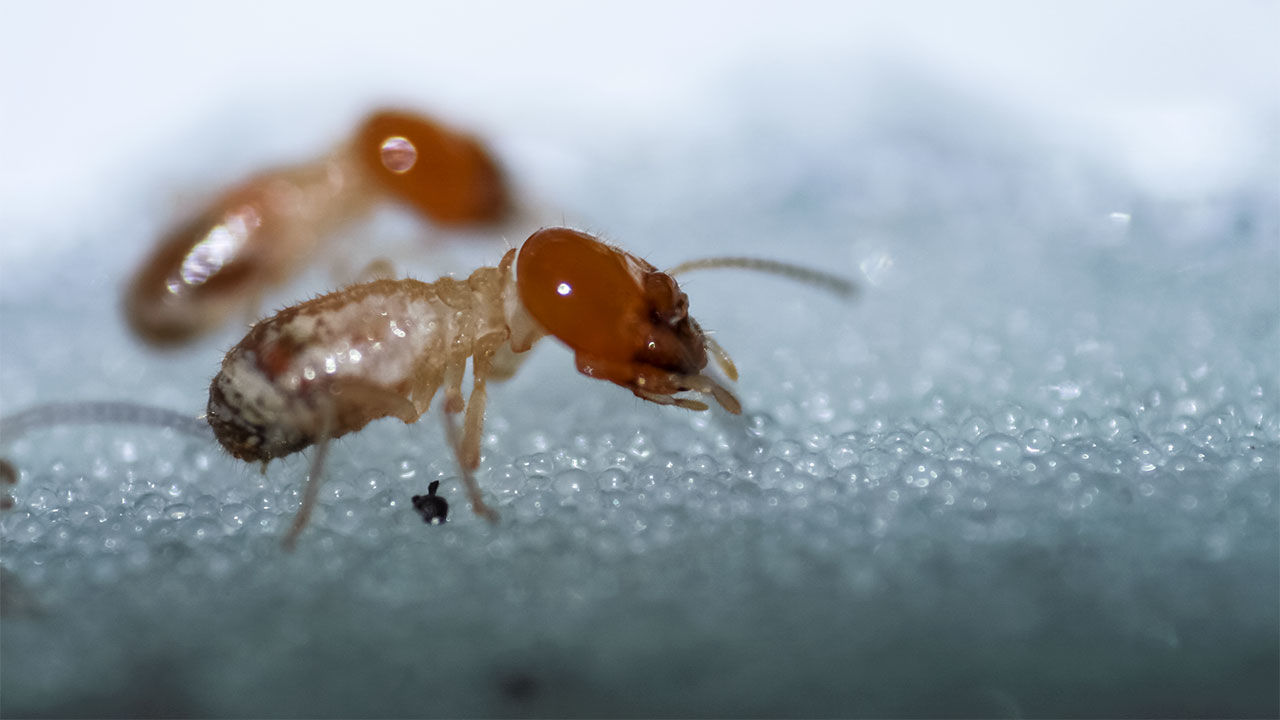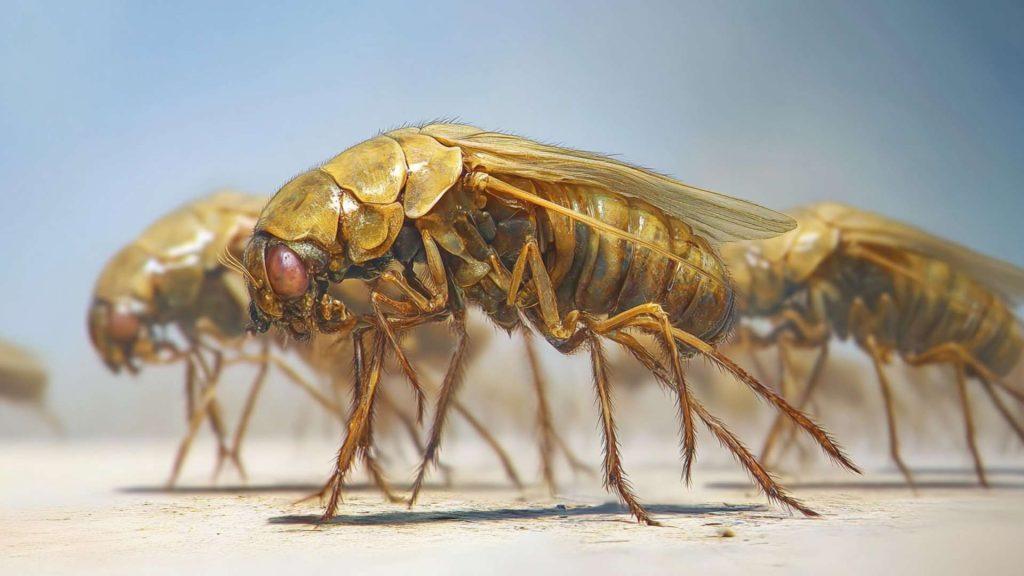Understanding the steps to controlling termites is crucial for homeowners who want to protect their property. Let’s examine the step-by-step process for effective termite control.


Understanding Termite Infestations
Termites are silent destroyers, often going unnoticed until significant damage has been done. Termites eat wood and other cellulose materials, making homes a prime target. The first step in controlling termites is recognizing the signs of an infestation. Look for mud tubes along the foundation, discarded wings, or hollow-sounding wood. Early detection is key to minimizing damage.
Step-by-Step Process for Termite Control
Controlling termites involves a systematic approach that combines prevention, monitoring, and treatment. Here’s a step-by-step guide to managing a termite problem: Inspection: The first and most critical step in termite control is a thorough inspection. A professional pest control expert examines the property, looking for signs of termites and assessing the extent of the infestation. This step helps identify the type of termites present and determine the most effective treatment plan. Identification: After the inspection, it’s essential to identify the species of termites infesting the property. Different species require different treatment methods. For example, subterranean termites live underground and need a different approach compared to drywood termites, which infest drywood structures. Treatment Options: Once the species is identified, the next step is selecting the appropriate treatment. There are several methods available: Liquid termiticides: These chemicals are mixed with the soil around the foundation of the home. It creates a barrier that keep termites away. Termite baits: Bait stations are placed around the building. Termites consume the bait and take it back to the colony, eventually eliminating the entire population. Fumigation: For severe infestations, especially with dry wood termites, fumigation may be necessary. The home is sealed, and a gas is released to exterminate the termites. Implementation of Treatment: After selecting the treatment method, it’s time to implement it. For liquid termiticides, trenches are dug around the foundation and filled with the chemical. Bait stations are installed in the ground, and fumigation involves sealing the house and introducing the gas. Monitoring: Termite control doesn’t end with treatment. Regular monitoring is essential to verify that the termites are completely eradicated and to prevent future infestations. Pest control professionals often recommend follow-up inspections to monitor the effectiveness of the treatment. Prevention: Prevention is the final and ongoing step in termite control. Homeowners should take steps to make their property less attractive to termites. This includes reducing moisture around the foundation, repairing leaks, and ensuring proper ventilation.
Myths and Facts About Termite Control
There are several myths surrounding termite control that can lead to ineffective management strategies. For example, some people believe that spraying visible termites will eliminate the problem. However, this only targets the termites you can see, leaving the colony intact. It’s essential to debunk these myths with scientific facts to ensure effective control.Dos and Don’ts in Termite Infestation Management
| Dos | Don’ts |
| Conduct regular inspections | Ignore signs of termite activity |
| Seal cracks and crevices in the foundation | Attempt DIY termite treatments |
| Reduce moisture levels around your home | Disturb mud tubes before a professional inspection |
| Use treated wood for construction | Store firewood or lumber near the house |
| Follow professional advice on prevention | Delay treatment after discovering an infestation |


